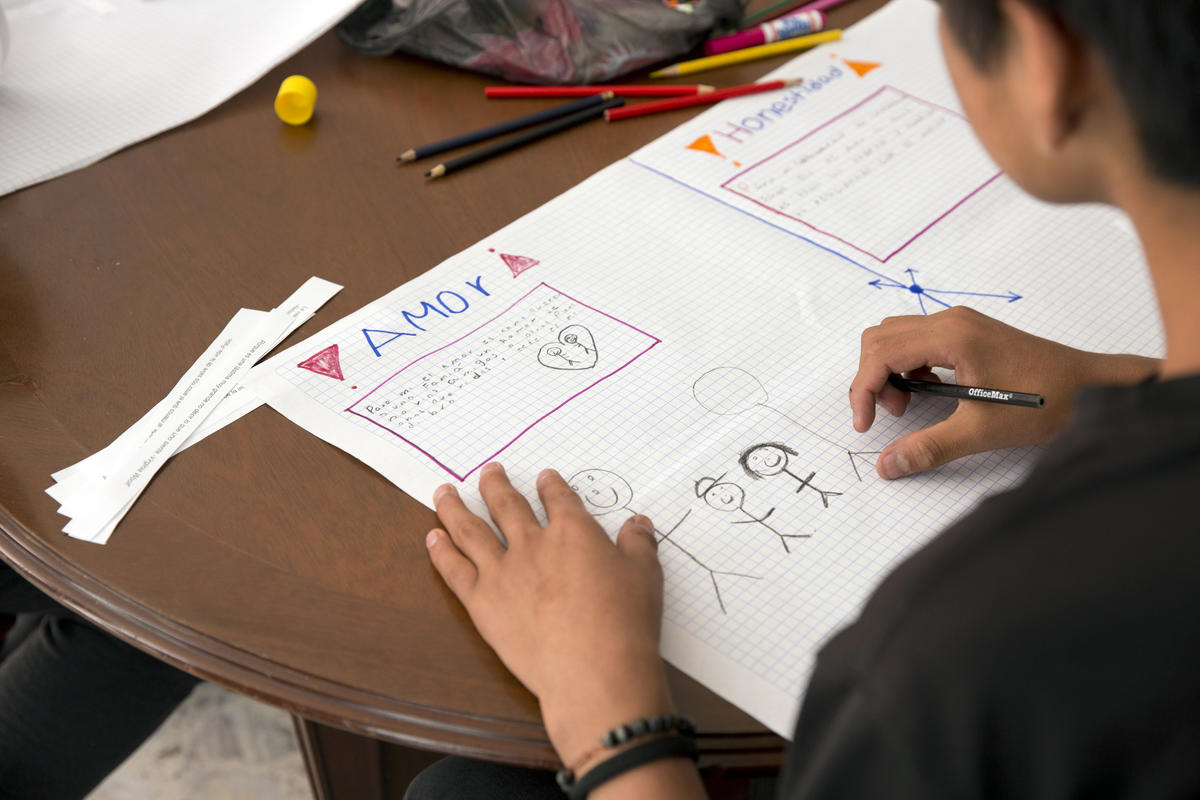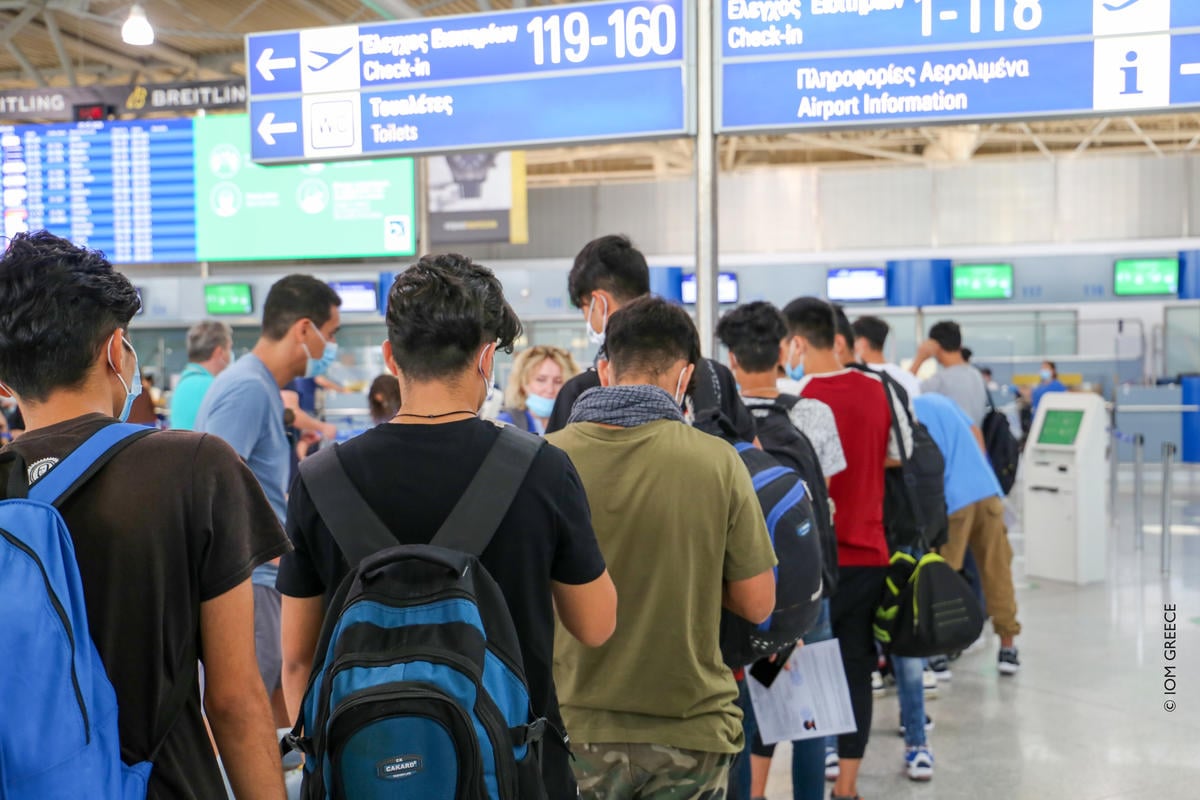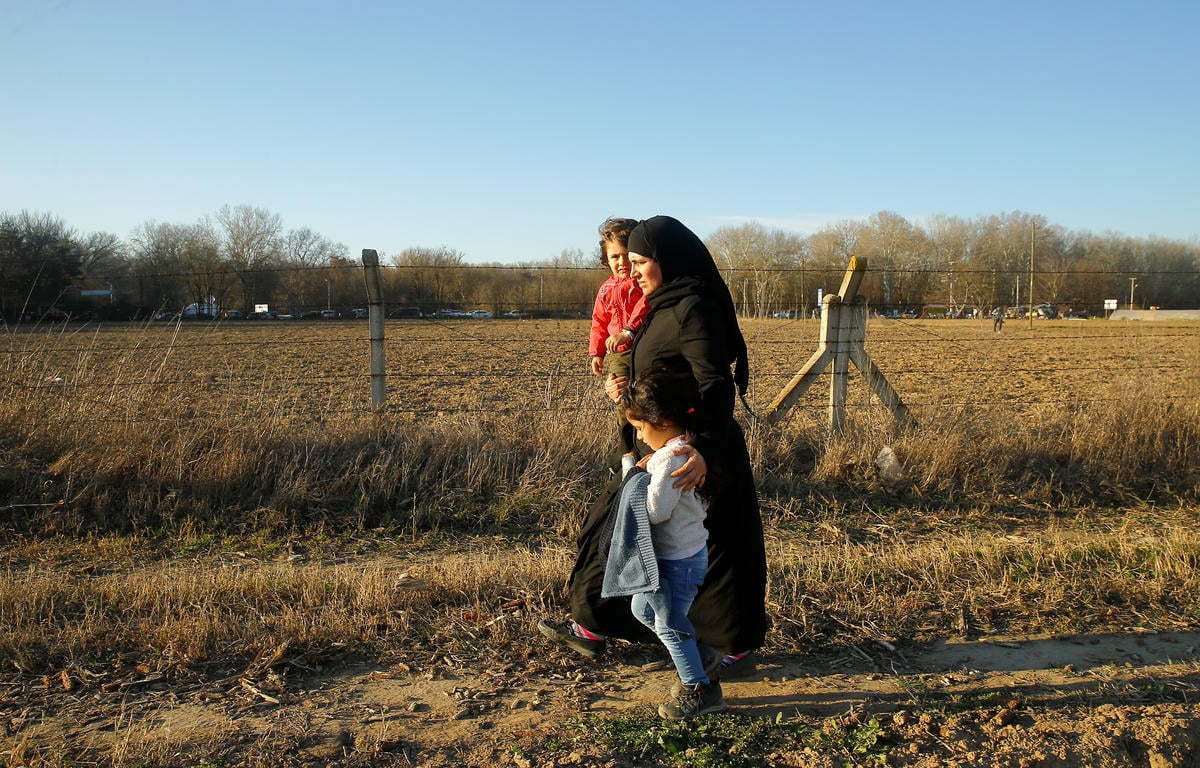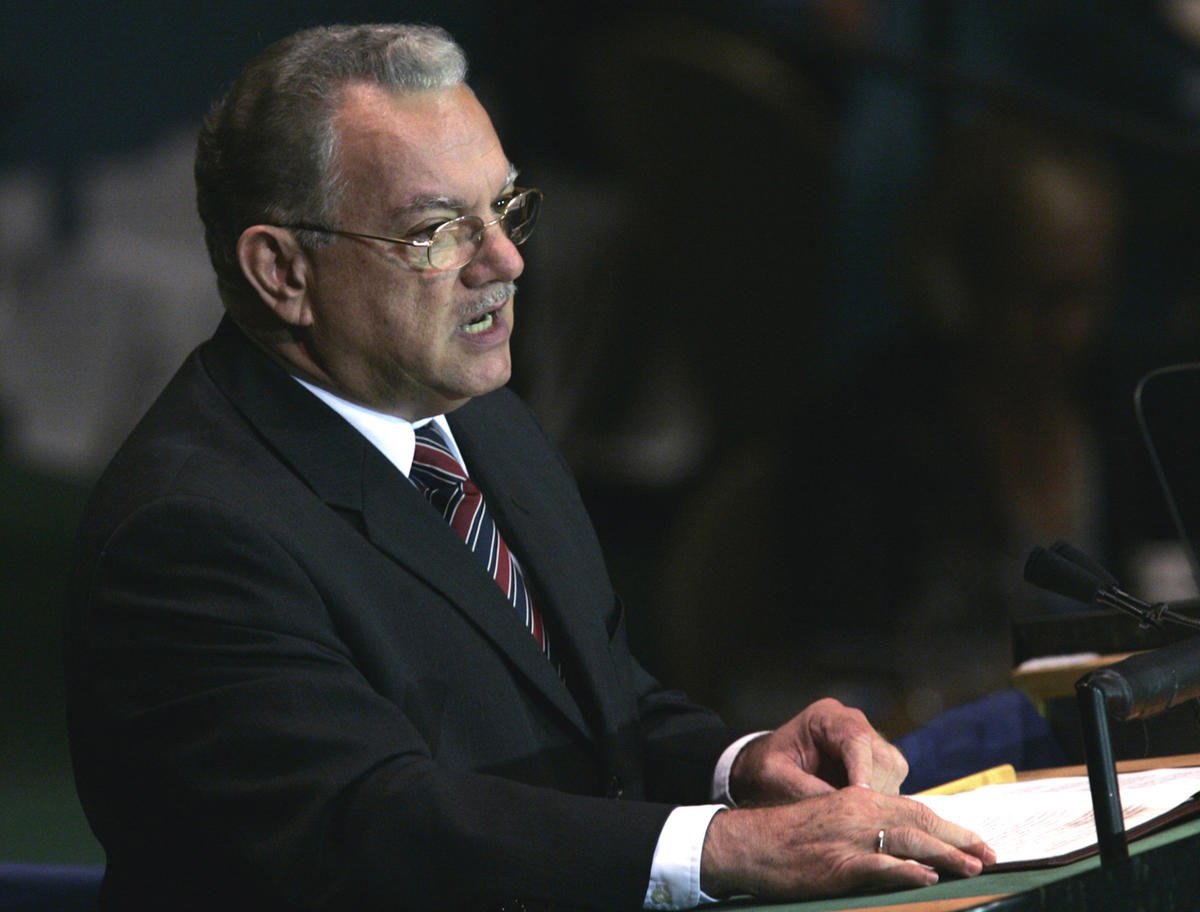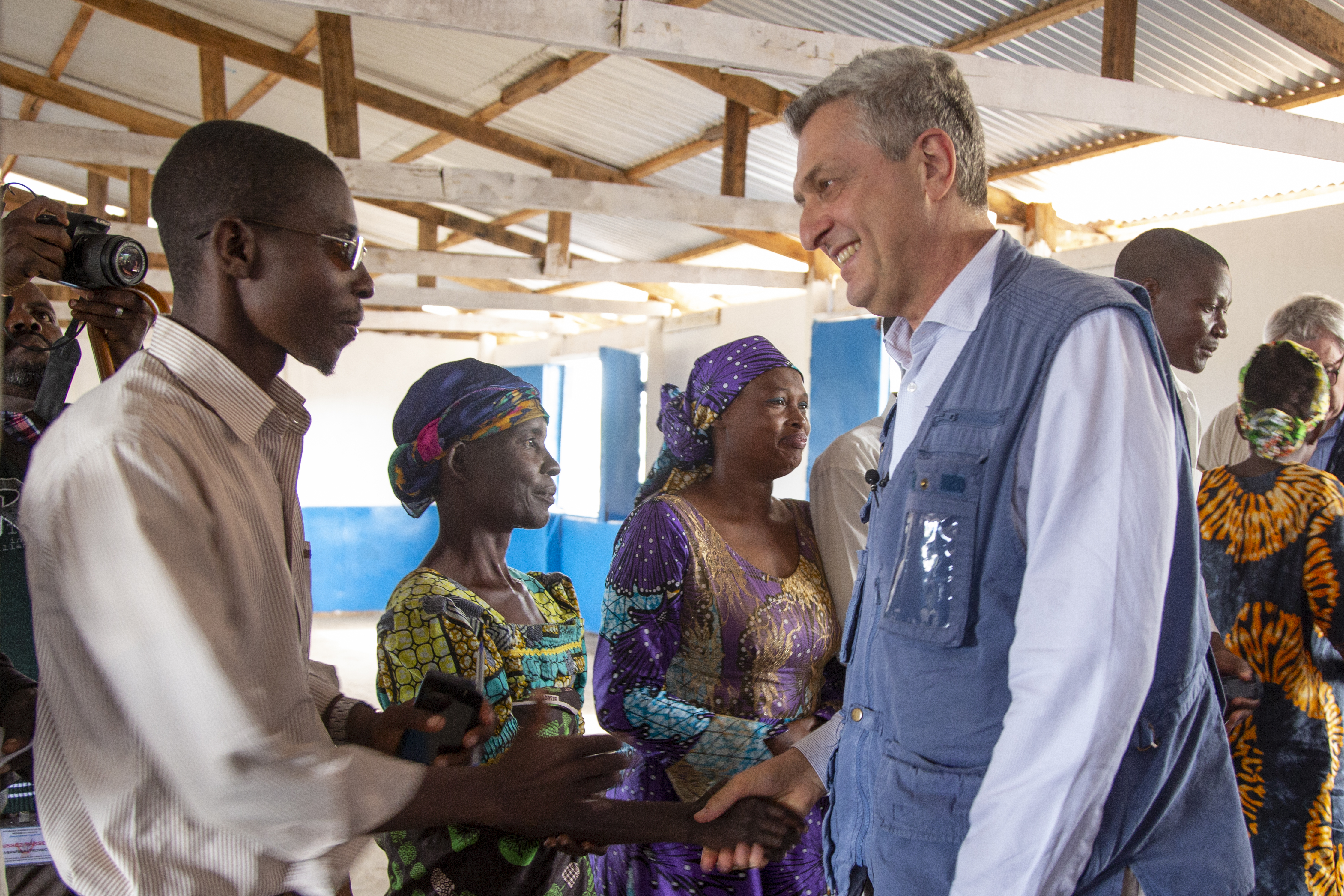Europe and Africa pledge to respect rights of migrants and refugees
Europe and Africa pledge to respect rights of migrants and refugees

GENEVA, July 12 (UNHCR) - More than 50 European and African countries attending the Euro-African Ministerial Conference on Migration and Development have agreed to work together to manage migratory flows and pledged to respect the rights and dignity of migrants and refugees.
In a final declaration signed in the Moroccan capital Rabat on Tuesday, ministers from 57 countries agreed to form a close partnership to try and manage the wave of irregular immigration from sub-Saharan Africa into Europe "in an optimum fashion and in a spirit of shared responsibility."
The Europeans and Africans committed themselves "to work together, following a comprehensive, balanced, pragmatic and operational approach, and respecting the rights and dignity of migrants and refugees, as regards the phenomenon of migratory routes that affect our peoples."
The Rabat declaration also recognised "the need to provide adequate international protection in accordance with the international obligations of the partner countries." It invited international organizations, including UNHCR, to help implement the different actions agreed upon. Sweden announced at the conference that it would provide funding for a 10-point UNHCR action plan.
The final statement also said the partnership was founded on the conviction that managing migration between the two continents must include fighting poverty and promoting development.
Addressing the conference on Monday, UN High Commissioner for Refugees António Guterres had unveiled the agency's 10-point action plan setting out key areas where comprehensive action was needed to address mixed and irregular migratory movements while protecting the rights of refugees and migrants.
"Our plan of action shows how the mandate, competencies and resources of my office might be used to assist states in their efforts to address this issue in an effective and equitable manner," Guterres said.
The plan calls for judicial and police cooperation against human trafficking and the crime networks that operate irregular immigration routes. Navy, air and land forces would also cooperate in identifying the routes used by migrants.
The conference was called amid a surge in the number of Africans arriving in countries such as Italy and Spain, often crossing the high seas in rickety and rusty vessels. Signatories of the Rabat declaration will meet again within the next four years to review progress in the plan.
Refugees and asylum seekers account for a relatively small proportion of the estimated 200 million people on the move in the world today. In many cases, however, refugees travel alongside migrants as part of mixed migratory movements.
More often than not such movements are irregular, in the sense that they take place without the requisite documentation and frequently involve human smugglers and traffickers.


